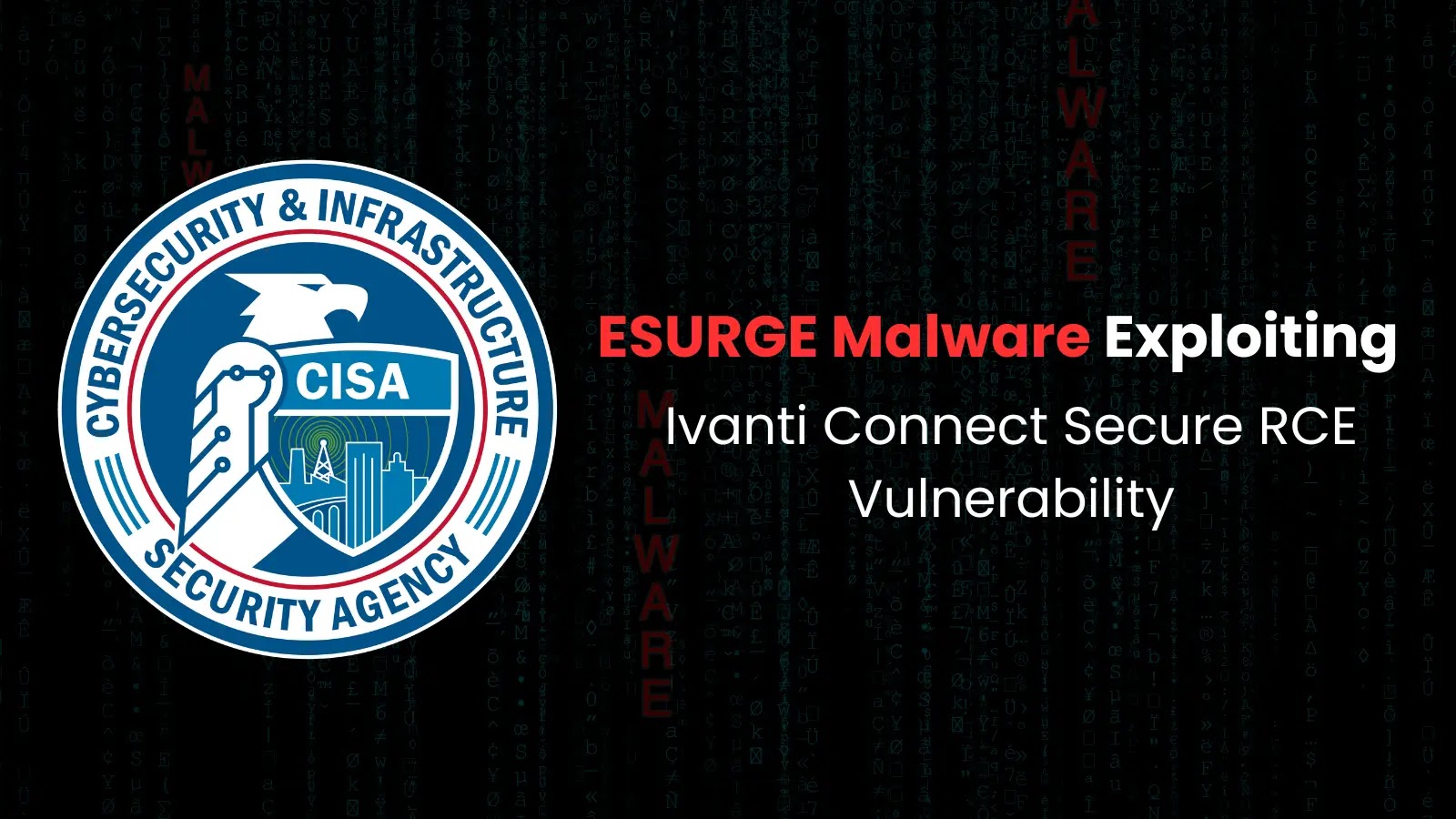Can VPN decrypt SSL? What’s the best no-snooping VPN?

VPNs are these beautiful tools that can help you protect your online privacy without giving it too much thought. You download the service, log into your account, choose a server, and connect to it.
Upon connection, every request you make, and an encrypted tunnel will shelter the response you receive.
Usually, your ISP can make out your online whereabouts without much effort. One look, and they can tell which website you’ve visited, what files you’ve downloaded, and how much time you spent looking at online videos.
One thing they can’t see, though, is encrypted traffic. So if you’re using an email client that offers encryption, your ISP can’t read your emails.
Furthermore, if you go to an HTTPS-encrypted website and post some content, your ISP won’t be able to make out the content you pass (since it’s encrypted). However, it can still see that you’ve been on that specific website.
VPN prevents ISP snooping
You may have seen this coming for a while, but VPNs successfully prevent ISP snooping. Remember earlier when we said that your ISP could visit the websites you access and files you download?
Well, it turns out that using a VPN can encrypt that information. Thus, your ISP won’t be able to see even those usually unencrypted bits of information.
VPN becomes the middleman
Without a VPN, your ISP is essentially a middleman. It stays friendly and cuddly between you and the Internet and makes sure you can access it. Sure, some ISPs never interact with you in ways they shouldn’t (i.e., snooping).
However, if something goes afoul and the need arises, your ISP can easily take a look at some logs and make you shine like a diamond on a virtual map of online activity.
What your VPN does is replace the middleman. Thus, you need to trust them more than you can trust your ISP.
However, even with that in mind, know that many VPN providers swear by their zero-logging and zero-abuse policies. That’s a solid indicator you can follow if you don’t know which VPN to stick by.
In certain regions, governments have pressured VPN providers into installing backdoors on their servers to facilitate monitoring. However, this would defeat the whole purpose of having a VPN to begin with.
While facing this situation, many providers decided to cut their losses and relocate or remove servers from regions where they risk being seized.
Can VPN decrypt SSL-encrypted traffic?
To put it shortly, VPNs aren’t able to decrypt SSL/TLS-encrypted traffic. However, it’s worth mentioning that VPNs have access to your encrypted traffic.
Instead of a VPN, your ISP usually has access to that traffic. Hence we told you earlier why you’ll need to trust your VPN more than your ISP for this relationship to work.
On the other hand, since your VPN has access to SSL-encrypted data, they can plant a man-in-the-middle (MITM) attack.
The principle is quite simple, but it should also be easy to detect. You must carefully check the website’s certificate to avoid an MITM attack.
It’s rather complicated (if not downright impossible) for attackers to achieve a valid certificate for a domain they don’t own. So while using a fake diploma, your browser should warn you about connecting to an insecure host.
What’s the best VPN that won’t snoop on me?
Word of advice, if you’re still worried that your VPN might use a MITM attack on you, try choosing one with a solid zero-logging policy.
Also, stick with the big names, not some sketchy nearly-free service with a poorly-designed website and buggy client.
Here’s a list of the best VPNs on the market that enforce zero-logging policies:
| Product Name | Keeps logs? | Company Name |
|---|---|---|
| ? Private Internet Access | No traffic logs | Kape Technologies |
| ? NordVPN | No logs | Tefincom & Co., S.A. |
| ? CyberGhost VPN | No identifying data | Kape Technologies |
| ExpressVPN | No logs | ExpressVPN |
| Surfshark VPN | No logs | Surfshark LTD |
Fact: VPNs can’t decrypt SSL traffic
You can rest assured that SSL/TLS-encrypted traffic can’t be decrypted even by your VPN. However, there are other risks you subject yourself to while using a VPN, including MITM attacks.
The good news is that if you stick by a renowned provider, it’s improbable that they’ll orchestrate such a heist. So please put your mind at ease, and make the right choice regarding your online privacy.
Read our disclosure page to find out how can you help VPNCentral sustain the editorial team Read more






User forum
0 messages